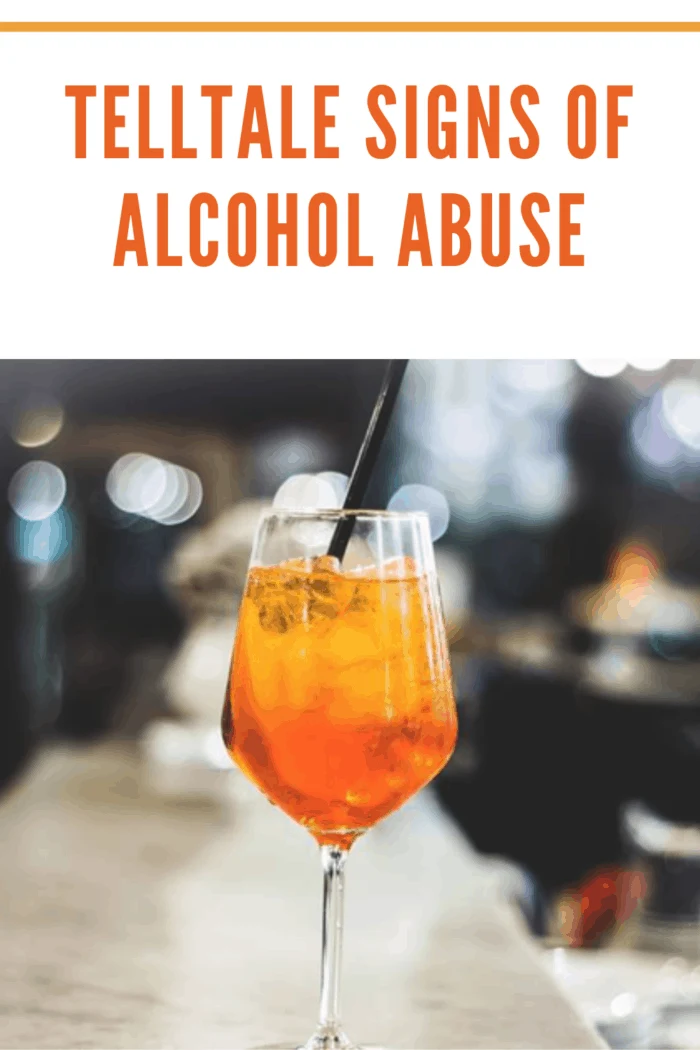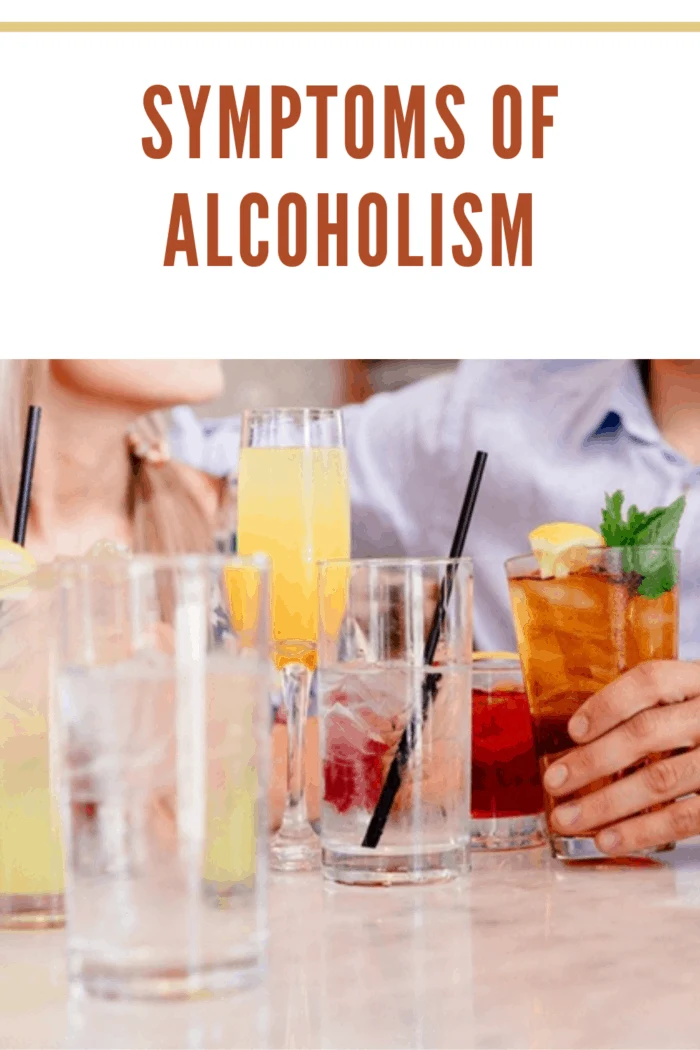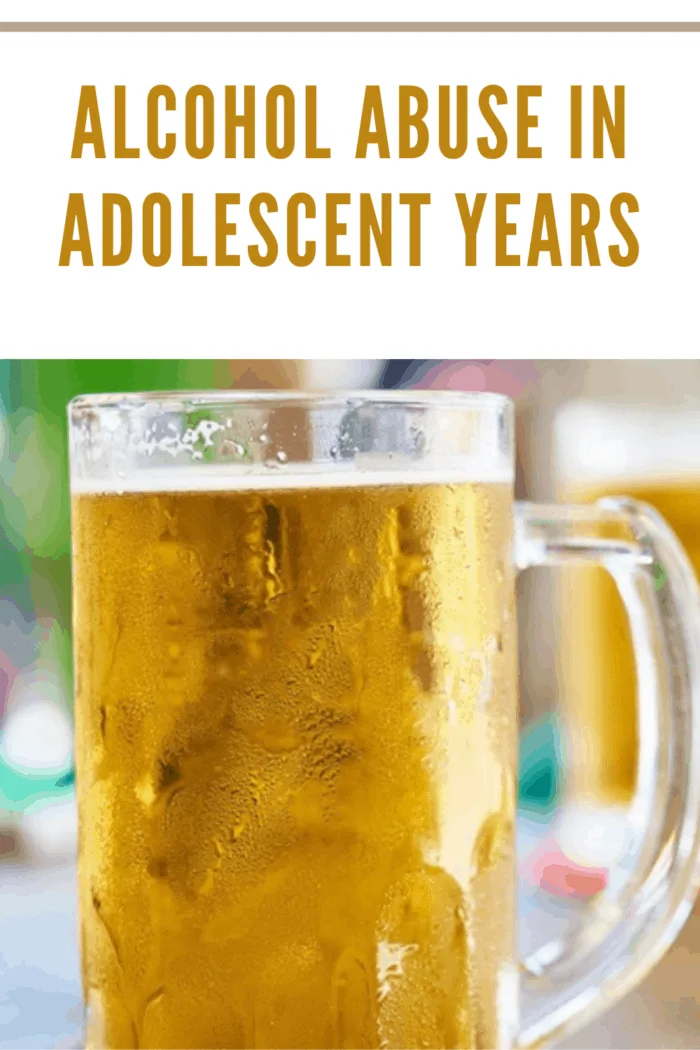Introduction
There are several obvious telltale signs of being potentially addicted to alcohol. Some are less obvious and may require some observation before identifying them. Nonetheless, there are certain tips for dealing with signs of alcohol disorder (American Addiction Centers). Depending on the severity and stage of alcohol abuse, the warning signs may vary. In some cases, alcoholics may also attempt to hide from detection by their family and friends, which can lead to a downward spiral regarding their alcohol abuse.
Although mild consumption of alcohol from time to time poses no big health threat, we must be wary that it may gradually get out of hand over time if left unchecked. Once alcohol abuse begins to bleed into different aspects of one’s life and prevents them from carrying out their functions—it can be classified as alcohol use disorder.

Symptoms of Alcoholism
Some more common symptoms of alcohol abuse include short-term memory loss, temporary blackouts, emotional volatility, and becoming distant from their usual social circle. They will also become extremely reliant on alcohol whenever they face pressure, and social activities will revolve around drinking and alcohol. Some might start neglecting their appearances and show up to events intoxicated or tipsy.
Regardless of how they may dismiss your concerns, such symptoms should not be ignored once multiple occurrences of such behaviors have been observed. Being able to identify these symptoms is critical to seeking early intervention. Seeking treatment for alcohol abuse earlier makes quitting alcohol a less arduous process and less irreversible damage done to the abuser’s body and health. If you or a loved one is combating alcoholism, know that professional help is simply a call away. Speak to your nearest alcohol treatment facility about the treatment options available.

Determinants of Alcoholism
On top of the common symptoms exhibited by alcoholism, there are also questionnaires developed by medical health experts to help measure the severity of one’s alcoholism. Some of these questions are whether you ever feel that you reduced the frequency that you drink, and whether you ever felt miffed by someone’s constant critique of your drinking habits. Another one if you ever felt remorseful or guilty for your drinking, and lastly—whether you have used alcohol to help you soothe your nerves or get rid of a bad hangover in the morning. If you have answered yes to more than two of the above questions, then it is highly recommended that you seek professional help as soon as possible.
Consequences of Alcoholism
Do not underestimate the dire consequences that alcohol abuse can introduce to the different spheres of your life—personal and professional.
One can develop many health issues such as but not limited to increased risk of cancer and cardiovascular diseases, stroke, high blood pressure, and many more. It does not just end here. It can also affect your mental health, causing or exacerbating your anxiety, depression, and stress levels. The culmination of these issues can affect your ability to properly interact with other people in your work and home.
Alcoholics usually engage in self-denial and rejection of their current reality, which prevents them from receiving the treatment and help they desperately need. Some may even try to absolve themselves from all culpability, pinning the blame of their addiction to external factors such as their social circle or some less-than-desirable influences. They become sensitive and can be riled up or unnecessarily emotional when someone comments on their unhealthy drinking habits. It is essential to realize that this is not a personal attack on their character but more of an observation the outsider made concerning their behaviors. They probably have no ill intention and truly hope for the alcoholic to triumph in their battle with their alcoholism.
It is time to stop turning a blind eye to your excessive drinking and wallowing in self-despair. It is possible to step out of this addiction with some determination and effort. Consider seeking professional help to aid you in your journey to sobriety, that will prove to be invaluable whenever you are tempted or feel like giving up.
Alcohol Abuse in Adolescent years
There has been an alarming trend of alcohol abuse in adolescents in recent years, which is a cause of concern. In this stage of their lives, the reasons that pull them towards behaviors relating to alcohol can be somewhat different from their adult counterparts.
It is extremely likely that adolescents and teens involved with alcohol-related activities are not aware of or internalize the dangers of alcohol abuse, which can be irreversible and life-threatening. While there are many reasons adolescents may turn to alcohol abuse, here are some commonly identified reasons.
Escapism
Adolescents may encounter stressful events and do not have the life experience to know how to cope with them properly. Instead of partaking in activities or hobbies to help them vent their stresses, some make the poor decision of abusing alcohol to drown out their stresses monetarily. Drinking in adolescents also happens in groups, which can further reinforce their dependence on alcohol for a sense of belonging or for socialization, until their dependence goes out of hand.
Experimenting
With pop culture and media glorifying drinking as a “cool” and trendy social activity, it is unsurprising that many unassuming adolescents buy into this whole scheme made to increase sales of alcohol. Coupled with curiosity, some adolescents ultimately decide to try out drinking. Although the rationale behind experimenting is not exactly wrong, the problem arises when adolescents cannot make wise decisions for themselves and continuously engage in drinking regularly following their first experiment. As with all kinds of substance abuse, such behaviors rarely end with experimenting and carry on into later stages of their lives.
Assimilating and social status
Adolescents usually behave hive-mindedly, echoing the opinion leaders’ thoughts in their social circles. As such, even if they have been exposed to the dangers of alcohol abuse, they may still partake in social drinking since drinking is perceived to be a cool activity. That, plus, they want to fit in with their peers and not be seen as overly rigid and uptight.

In Conclusion
Quitting alcoholism can be painless with the right professional care and supervision. It is recommended to get professional advice on overcoming alcoholism than self-treat. Enlisting in professional help can ensure past alcoholics resist temptations and remain on their path to sobriety in years to come.
